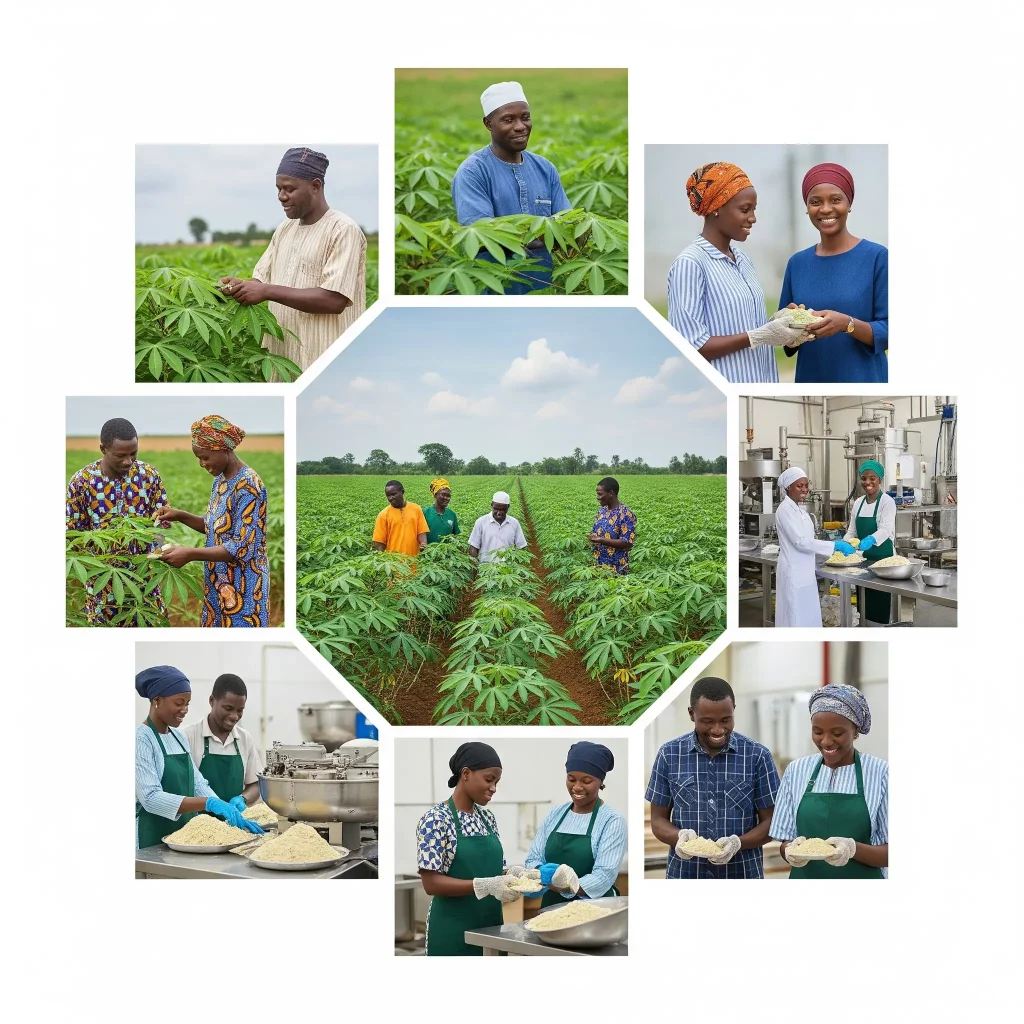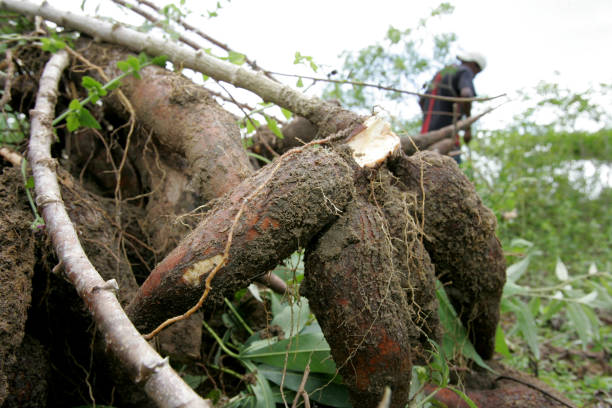Nigeria Cassava Investment Accelerator

The Nigeria Cassava Investment Accelerator (NCIA) is a strategic initiative, funded by the Gates Foundation, and hosted at Lagos Business School (LBS), established to drive investments toward the industrialisation of cassava in Nigeria.
The NCIA was born from an ambition to transform Nigeria’s cassava industry and drive the economy towards industrialisation. It builds on past interventions and programmes, is informed by lessons learned from previous efforts, and seeks to plug into and amplify ongoing work in the cassava value chain. As the world’s largest producer of cassava, Nigeria produces over 61 million metric tonnes annually, contributing a remarkable $9 billion to the agricultural GDP. Despite this impressive output, the cassava industry presents a vast untapped potential worth an estimated $5 billion.
The NCIA is committed to transforming this potential into sustainable economic growth. By mobilising stakeholders from public and private sectors, we aim to catalyse a thriving cassava industrialisation ecosystem that assures food security and creates jobs. We believe that through strategic partnerships among stakeholders, government policy and regulatory support, as well as targeted investments in technology and farming, Nigeria can harness cassava’s full potential to drive socio-economic transformation.











